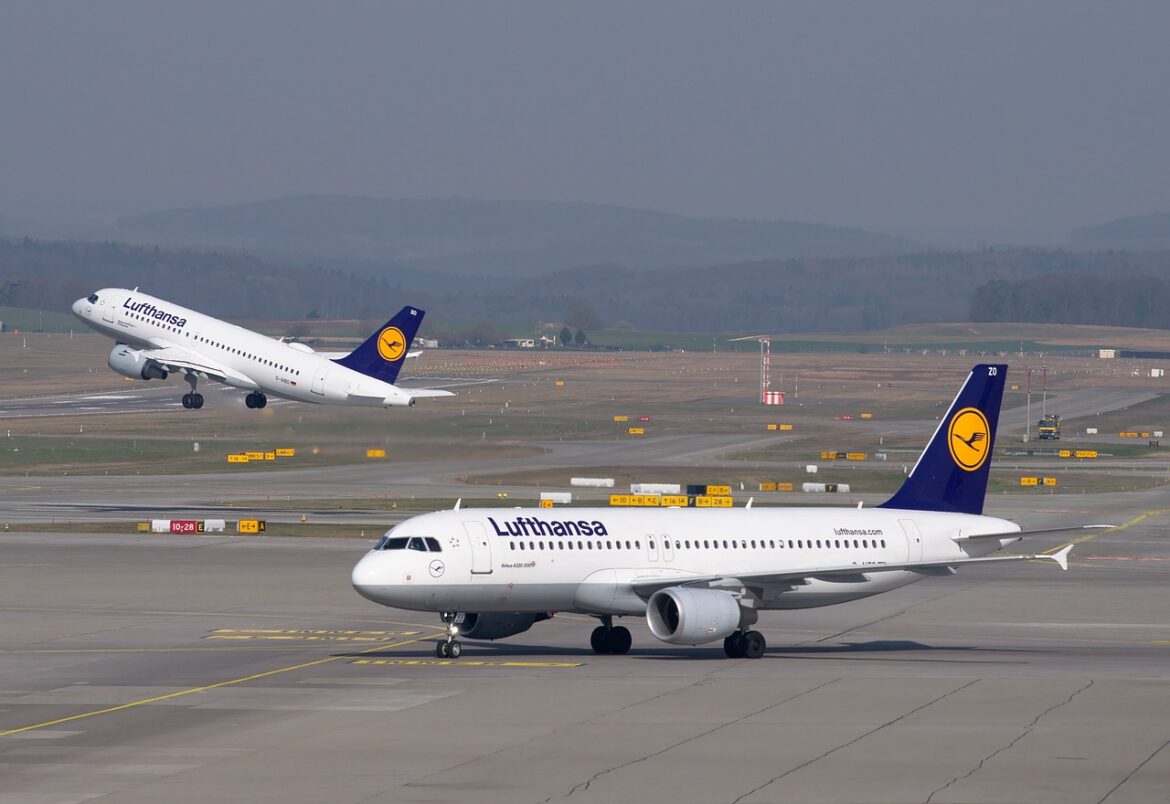If you’ve ever tried to put together a jigsaw puzzle, you know it’s a lot easier when everyone’s playing by the same rules and the pieces fit together neatly. That peace of mind has gone out the window for many travelers and companies this year, thanks to a sudden and sweeping change in U.S. travel bans that’s rewriting the playbook on how to go global while staying compliant.
New Bans, Big Impacts
On June 4, 2025, the United States government dropped a bombshell on the travel world: a brand-new set of travel bans targeting 19 countries, with 12 completely shut out from entering the country, and seven facing partial visa restrictions. For the average traveler—and the companies that depend on global moves—this is like having an entire row of puzzle pieces suddenly vanish from the box. The change rolled out so quickly that people with airfare in hand and work plans in mind found themselves stranded mid-trip, staring at closed doors at U.S. customs and immigration.
Who’s Affected—And What It Means
Here’s the reality for those impacted:
- Full Travel Ban Countries: Afghanistan, Chad, Republic of the Congo, Equatorial Guinea, Eritrea, Haiti, Iran, Libya, Myanmar, Somalia, Sudan, Yemen. No entry, no exceptions, unless you’re a dual citizen or have special waivers—even for routine business or study trips.
- Partial Restrictions Countries: Burundi, Cuba, Laos, Sierra Leone, Togo, Turkmenistan, Venezuela. Certain visa types—especially for business, study, or tourism—are now off the table, and companies have to do extra homework just to see if their international meetings or assignments are even possible.
Travel managers call it a game of travel roulette: Book a ticket, and hope you don’t get caught out when the rules shift again. For businesses, it’s not just about who’s traveling, but who’s being left behind, and what that means for contracts, research collaborations, and even health care staffing.
Why This Matters Right Now
It’s tempting to think of these rules as some bureaucratic hurdle in the fine print, but the real-world effects are immediate and messy. Take Joe, a CEO who splits time between New York and the Middle East. A contract gets signed, a project gets rolling, and then—wham!—his team member from Sudan can’t join him for a critical meeting. Or Maria, who runs a university research lab and suddenly can’t bring in a specialist from Iran who applied for a visa months ago. The work grinds to a halt.
Industry Fallout: From Headaches to Talent Shortages
Across the country, industries are scrambling to make sense of the new landscape. Tourism companies are watching international arrivals drop, with some agencies reporting a 6% slump in bookings, and European travel for Americans and others falling by a whopping 12% as people get nervous about any kind of international travel. Hotels and airlines are feeling the pinch—and so are tech companies that depend on global talent, hospitals that rely on international medical professionals, and universities that attract students from around the world.
Companies that once built their business around seamless global movement now have to treat every trip like navigating a minefield: Will your people get in, or will they be left waiting at the gate? Will visas be processed in time or get lost in the backlog?
How Companies Are Reacting
Smart organizations are treating these bans as an ongoing risk, not a one-time problem. They’re building new protocols:
- Legal and Logistical Support: Having lawyers on speed dial and contingency plans for travelers caught in denial or detention is now standard practice.
- Expense Planning: If someone is denied entry, companies are covering the extra costs—hotels, meals, rebooking—because it’s not always clear who pays when the rules change overnight.
- Ongoing Monitoring: Keeping an eye on updates is crucial. Travel managers are now glued to bulletins, ready to pivot if the list of banned countries grows or if the rules tighten again.
What Does This Mean for the Everyday Professional?
For the average traveler, it’s now essential to double-check everything. Where are you going? Where are you coming from? What kind of visa do you have? Even if you’re just transiting through the U.S., you might get caught out. For employers, it means more paperwork, more headaches, and more uncertainty—but also more incentive to get your compliance ducks in a row.
The Big Picture
These new rules are about more than just travel—they’re about trust, cooperation, and how the world sees America as a place to do business. The bans are rooted in national security concerns, but the ripple effects are shaking up everything from investment to academic collaboration. And with the rules likely to keep evolving, the only safe bet is to stay vigilant, stay informed, and be ready to adjust your plans at a moment’s notice.
The puzzle’s not just missing a few pieces—the whole box has been shaken. But for those willing to stay on top of the latest changes and adapt their strategies, it’s still possible to put together a picture of success in this new, more complex travel landscape.
References:
- https://www.bcdtravel.com/resources/report-u-s-travel-ban/
- https://www.hunton.com/business-immigration-insights/new-travel-restrictions-critical-information-for-affected-nationals-their-families-employers
- https://www.nafsa.org/regulatory-information/presidential-proclamation-orders-travel-bans-19-countries
- https://www.cfr.org/article/guide-countries-trumps-2025-travel-ban-list
- https://rollingout.com/2025/06/07/trumps-2025-travel-ban-is-crushing-these-us-industries/
- https://www.hoteldive.com/topic/regulations/
- https://jjkellercompliancenetwork.com/news/no-report-was-it-a-roadside-inspection-or-was-it-something-else
- https://www.nafsa.org/regulatory-information/travel-bans-and-restrictions



